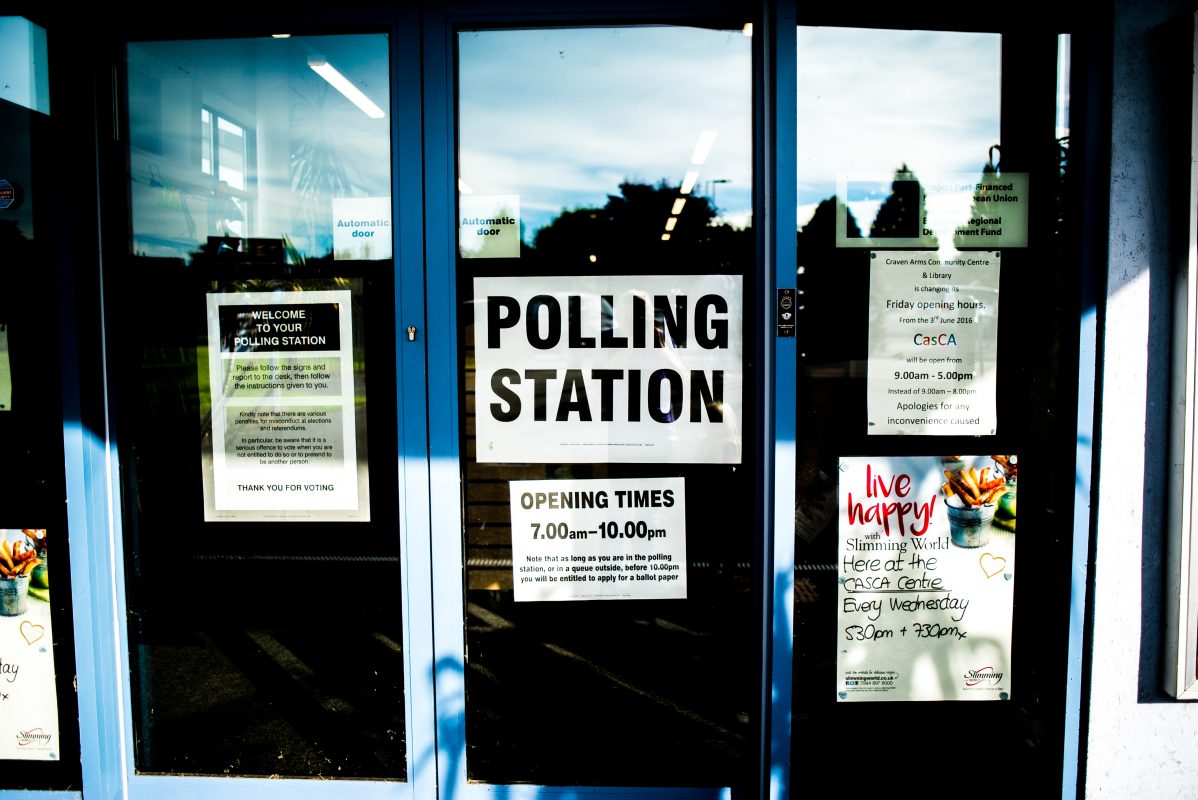Credit cards - love 'em or hate 'em, these little pieces of plastic have become essential financial tools for many millennials. That being said, finding the best deal and applying for multiple credit cards is often the go-to strategy for most of us. But wait, is applying for multiple credit cards at once really a smart move? In this Flik Eco blog post, we dive into the risks and benefits of going on a credit card application spree, and the potential impact it may have on your financial health.
Is Applying For Multiple Credit Cards Bad Table of Contents
Understanding Credit Inquiries and Their Impact
Understanding Credit Inquiries and Their Impact
When you apply for a credit card, the issuer performs a "hard inquiry" on your credit report to determine your creditworthiness. This inquiry will show up on your report and remain there for two years. It's worth noting that too many hard inquiries within a short period can negatively impact your credit score. Why? Because applying for multiple credit cards can signal financial distress or an increased risk of defaulting on payments to potential lenders. Let's break down the impact of various scenarios:
Scoring Models and Their Weightage on Inquiries
Different credit scoring models use different factors to calculate your credit score. The popular FICO and VantageScore models assign a weight of 10% on new credit inquiries. That suggests that applying for multiple cards consecutively can reduce your credit score by a few points. In the grand scheme of things, it may not seem like much, but it can have a significant effect in certain financial situations.
Timing Matters: The 5/24 Rule
Some credit card issuers, such as Chase, follow the 5/24 rule, which means that if you've opened five or more credit cards (across all issuers) within the past 24 months, your application may be declined. This rule highlights the importance of spacing out your credit card applications if you're interested in specific cards.
Benefits of Applying for Multiple Credit Cards
Despite the potential negative impact on your credit score, applying for multiple cards has its benefits:
- Maximizing Rewards: Strategically applying for credit cards that offer generous rewards programs can help you earn substantial cashback, travel rewards, and other perks.
- Improving Credit Utilization Ratio: Having multiple credit cards can increase your overall credit limit, decreasing your credit utilization ratio.
- Backup Plan: Having a spare card handy is useful for emergencies and provides financial flexibility.
Risks of Applying for Multiple Credit Cards
On the flip side, applying for multiple cards can pose some downsides:
- Negative Impact on Credit Score: As mentioned above, short-term credit score hits can lead to higher interest rates if you need to apply for a loan.
- Increased Debt Risk: With more credit cards comes increased temptation to spend, potentially leading to unsustainable debt.
- Complexity in Managing Payments: Multiple credit cards require diligent tracking, scheduling, and organization of payments, which can be time-consuming.
Is Applying For Multiple Credit Cards Bad Example:
Imagine you're planning a trip in six months and want to earn travel rewards to cover the expenses. You apply for three travel credit cards in hopes of maximizing points and rewards. While you're likely to boost your rewards, you may face short-term negative consequences. You could experience a dip in your credit score and might struggle to manage payments across your new cards. It's crucial to weigh the potential rewards against the risks and decide whether applying for multiple cards is the right decision for your wallet.
So, is applying for multiple credit cards all at once a bad idea? Like most financial decisions, the answer isn't black and white. While there are benefits to owning multiple credit cards, applying for several cards in a short period can negatively impact your credit score and create challenges in managing your finances. Remember that your ultimate financial goal should be to create sustainable spending habits, grow your wealth, and maintain a healthy credit profile.
Now that you're equipped with this knowledge, what's next? Share this article with friends and fellow credit enthusiasts, and don't forget to explore other articles on Flik Eco for more personal finance and investing tips tailored for millennials like you.













